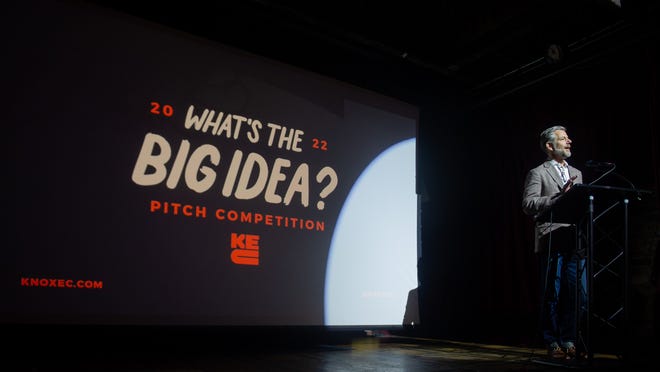

With $10,000 up for grabs, these six startups will need to wow the judges of this year’s Innov865 Startup Day.
On Tuesday, Knoxville entrepreneurs will pitch their businesses to a panel of judges comprised of venture capitalists, industry leaders and angel investors. A winner will be picked in October.
The event at Mill & Mine is a part of Innov865 Week, which brings together startups throughout East Tennessee.
Let’s meet the startups! These Q&As have been edited for length and clarity.
Primeaux
- Founder/CEO: John Phillips
- Year founded: 2022
- Number of employees: 4
Your company elevator pitch: Primeaux, (pronounced Pree-moh) is a small manufacturer of high-end cutlery and cookware. Our goal is to elevate the culinary experience by creating well-constructed, beautifully designed kitchen cutlery and cookware. Handcrafted in downtown Knoxville, our products are for everyone from the professional chef to the home cook, anyone who truly appreciates the value of a good tool and the experience of using finely crafted objects.